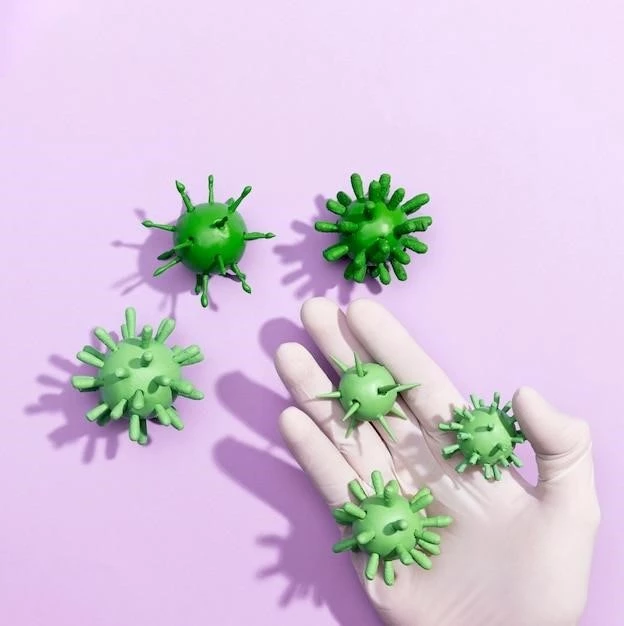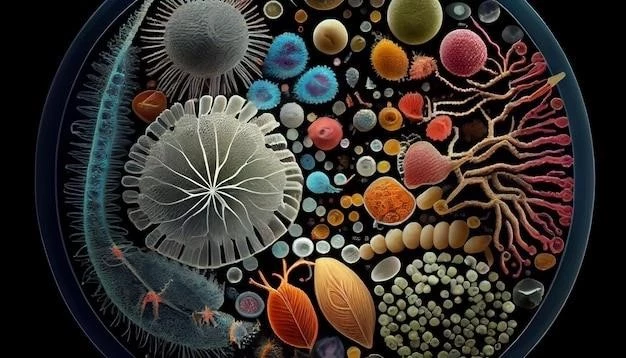Symptoms of Anti-plasmin Deficiency
Common Symptoms
Common symptoms of Anti-plasmin deficiency may include excessive bleeding, easy bruising, frequent nosebleeds, prolonged bleeding after injury or surgery, and heavy menstrual bleeding in women. Patients may also experience blood in urine or stool, bleeding in joints, and prolonged bleeding from minor cuts or wounds.
Causes of Anti-plasmin Deficiency
Genetic Factors
Anti-plasmin deficiency is primarily caused by genetic mutations that affect the production or function of anti-plasmin, a protein that helps regulate blood clotting. Inherited genetic mutations can result in decreased levels or impaired activity of anti-plasmin, leading to a higher risk of bleeding episodes and abnormal clot formation.
Diagnosis and Treatment of Anti-plasmin Deficiency
Diagnosis
Treatment
Diagnosis
Diagnosis of Anti-plasmin deficiency involves blood tests to measure anti-plasmin levels and assess clotting function. Additionally, genetic testing may be conducted to identify specific gene mutations associated with the condition. A thorough medical history and evaluation of symptoms are also crucial in diagnosing Anti-plasmin deficiency.
Treatment
Treatment for Anti-plasmin deficiency aims to manage bleeding symptoms and prevent complications. This may include replacement therapy with anti-plasmin concentrate, medications to promote clotting, and in severe cases, blood transfusions. Patients may also be advised to avoid certain medications that can worsen bleeding episodes and undergo regular monitoring to adjust treatment as needed.
Management Strategies for Anti-plasmin Deficiency
Lifestyle Modifications
Individuals with Anti-plasmin deficiency may benefit from lifestyle changes such as avoiding activities with a high risk of injury, maintaining a healthy weight to reduce strain on joints, and following a balanced diet rich in iron and vitamin K to support overall health and blood clotting. Regular exercise and stress management techniques can also help improve overall well-being.
Understanding the Genetics of Anti-plasmin Deficiency
Genetic Inheritance Patterns
Anti-plasmin deficiency is typically inherited in an autosomal recessive pattern, meaning that individuals must inherit a mutated gene from both parents to develop the condition. Carriers of a single mutated gene are usually asymptomatic. Genetic counseling is recommended for individuals with a family history of Anti-plasmin deficiency to understand their risk of passing the condition to future generations.
Lifestyle Recommendations for Anti-plasmin Deficiency
Dietary Guidelines
For individuals with Anti-plasmin deficiency, maintaining a diet rich in iron, vitamin K, and other essential nutrients can help support healthy blood clotting. Foods like leafy greens, lean meats, eggs, nuts, and whole grains are beneficial. Avoiding excessive alcohol consumption and vitamin K-rich foods, such as leafy vegetables, if on blood thinners, is also important for managing symptoms.

Research Updates on Anti-plasmin Deficiency
Recent Studies
Recent studies on Anti-plasmin deficiency have focused on exploring new treatment options, such as gene therapy and novel medications that target specific clotting factors. Researchers are also investigating the impact of lifestyle changes, including diet modifications and exercise, on managing symptoms of the condition. The findings from these studies aim to improve treatment outcomes and enhance the quality of life for individuals with Anti-plasmin deficiency.
Support Groups for Individuals with Anti-plasmin Deficiency
Community Resources
Community resources for individuals with Anti-plasmin deficiency include online forums, local support groups, and educational materials provided by healthcare organizations. These resources offer a platform for individuals to connect, share experiences, and access information about the latest research, treatment options, and coping strategies. Additionally, healthcare providers specialized in bleeding disorders can offer valuable guidance and support for managing Anti-plasmin deficiency.
